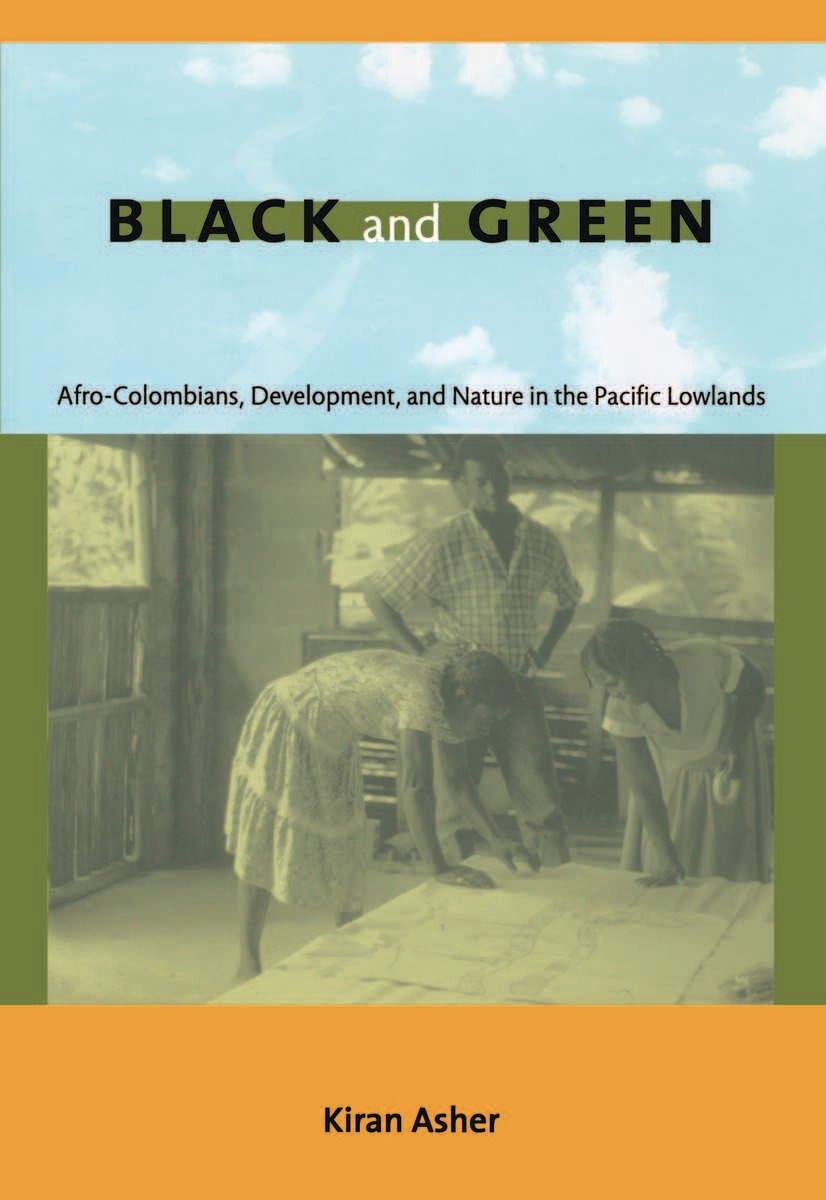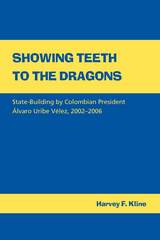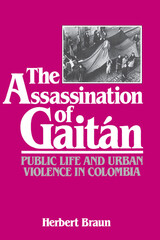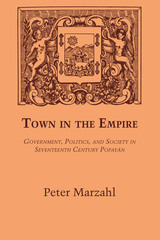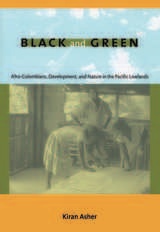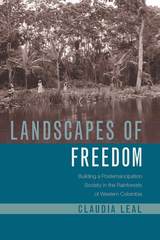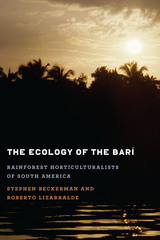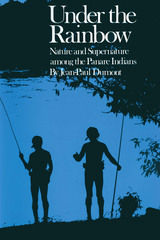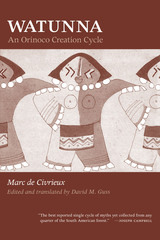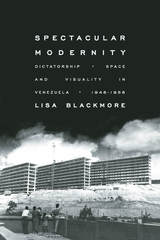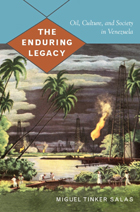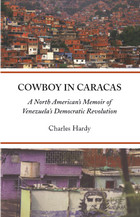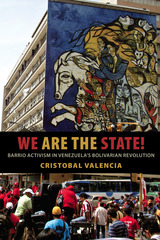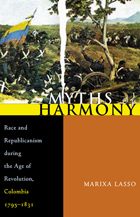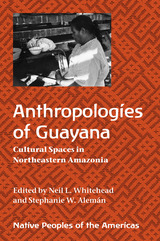“The strength of the work is Asher’s sophisticated conceptualization of how the various forces in play are mutually reactive. She consistently and lucidly explains the connections and ambivalent interplay between development projects, international environmentalism, the state, and global liberalization on the one hand, and local knowledge, community activism, gender roles, and Afro-Colombian traditional practices, whether in reference to land tenure or cultivation practices, on the other. . . . Highly recommended. Upper -division undergraduates and above.” - J. M. Rosehthal, Choice
“This book is a welcome addition to the growing literature on indigenous and black resistance in Latin America. . . . Asher gives an ethnographically rich account of how the black movement emerged in the context of what appeared to be a changing rationale for sustainable development in the
region.” - Ulrich Oslender, The Americas
“This book is ideal for those conducting graduate-level research on
Colombia and black movement issues in Latin America.” - Jan Hoffman French, Journal of Latin American Studies
“The author manages to enthral the reader into her line of argument. . . . The combination of an ethnographic sensitivity and fluid and contextualising writing has a seductive effect on the reader whether or not they are an expert on the topic or region. This aspect, without a doubt, gives the book the potential to be an excellent tool for undergraduate programmes in a wide array of disciplines ranging from anthropology to development studies, and from political science to Latin-American studies.” - Eduardo Restrepo, Bulletin of Latin American Research
“Overall, Black and Green is an engaging study that signifies a defining moment for academic studies about both Afro-Colombians and nature in Latin America.” - Sophie M. Lavoie, Feminist Review Blog
“Kiran Asher effectively captures the nuances of the multiple positions taken by Afrocolombians and their allies regarding the development of the Pacific lowlands—ethno-cultural activists, mainstream politicians, black women’s networks, nongovernmental organizations, and social scientists—producing an intricate and multifaceted vision of the heterogeneous interests at play in the creation of the black movement in Colombia. Asher’s keen ethnographic eye explores the contradictions that emerge when local demands are translated into transnational discourses of identity, rights, environmentalism, and community development. She lays bare the complex texture of the negotiations that gave rise to legislation and planning, on the one hand, and of the voicing of local hopes and aspirations—particularly of Afrocolombian women—on the other. She moves with ease between the halls of the Colombian Senate and the workshop of a women’s cooperative, revealing the numerous levels at which Afrocolombian environmental discourse emerges. In the process, Asher crafts a sensitive and sympathetic, yet also sharp-edged and daring portrait of a significant social movement that is coming to the fore across Latin America.”—Joanne Rappaport, author of Intercultural Utopias: Public Intellectuals, Cultural Experimentation, and Ethnic Pluralism in Colombia
“Kiran Asher provides the best exploration we have of Afro-Colombians’ experiences in the wake of an unprecedented 1991 constitutional clause recognizing collective land rights for black communities. Across the disciplines, students of racial politics and environmental organizing will benefit from her thoughtful analysis and the clarity of her approach.”—Ann Farnsworth-Alvear, author of Dulcinea in the Factory: Myths, Morals, Men, and Women in Colombia’s Industrial Experiment, 1905–1960
“Overall, Black and Green is an engaging study that signifies a defining moment for academic studies about both Afro-Colombians and nature in Latin America.”
-- Sophie M. Lavoie Feminist Review Blog
“The author manages to enthral the reader into her line of argument. . . . The combination of an ethnographic sensitivity and fluid and contextualising writing has a seductive effect on the reader whether or not they are an expert on the topic or region. This aspect, without a doubt, gives the book the potential to be an excellent tool for undergraduate programmes in a wide array of disciplines ranging from anthropology to development studies, and from political science to Latin-American studies.”
-- Eduardo Restrepo Bulletin of Latin American Research
“The strength of the work is Asher’s sophisticated conceptualization of how the various forces in play are mutually reactive. She consistently and lucidly explains the connections and ambivalent interplay between development projects, international environmentalism, the state, and global liberalization on the one hand, and local knowledge, community activism, gender roles, and Afro-Colombian traditional practices, whether in reference to land tenure or cultivation practices, on the other. . . . Highly recommended. Upper -division undergraduates and above.”
-- J. M. Rosehthal Choice
“This book is a welcome addition to the growing literature on indigenous and black resistance in Latin America. . . . Asher gives an ethnographically rich account of how the black movement emerged in the context of what appeared to be a changing rationale for sustainable development in the region.”
-- Ulrich Oslender The Americas
“This book is ideal for those conducting graduate-level research on Colombia and black movement issues in Latin America.”
-- Jan Hoffman French Journal of Latin American Studies
